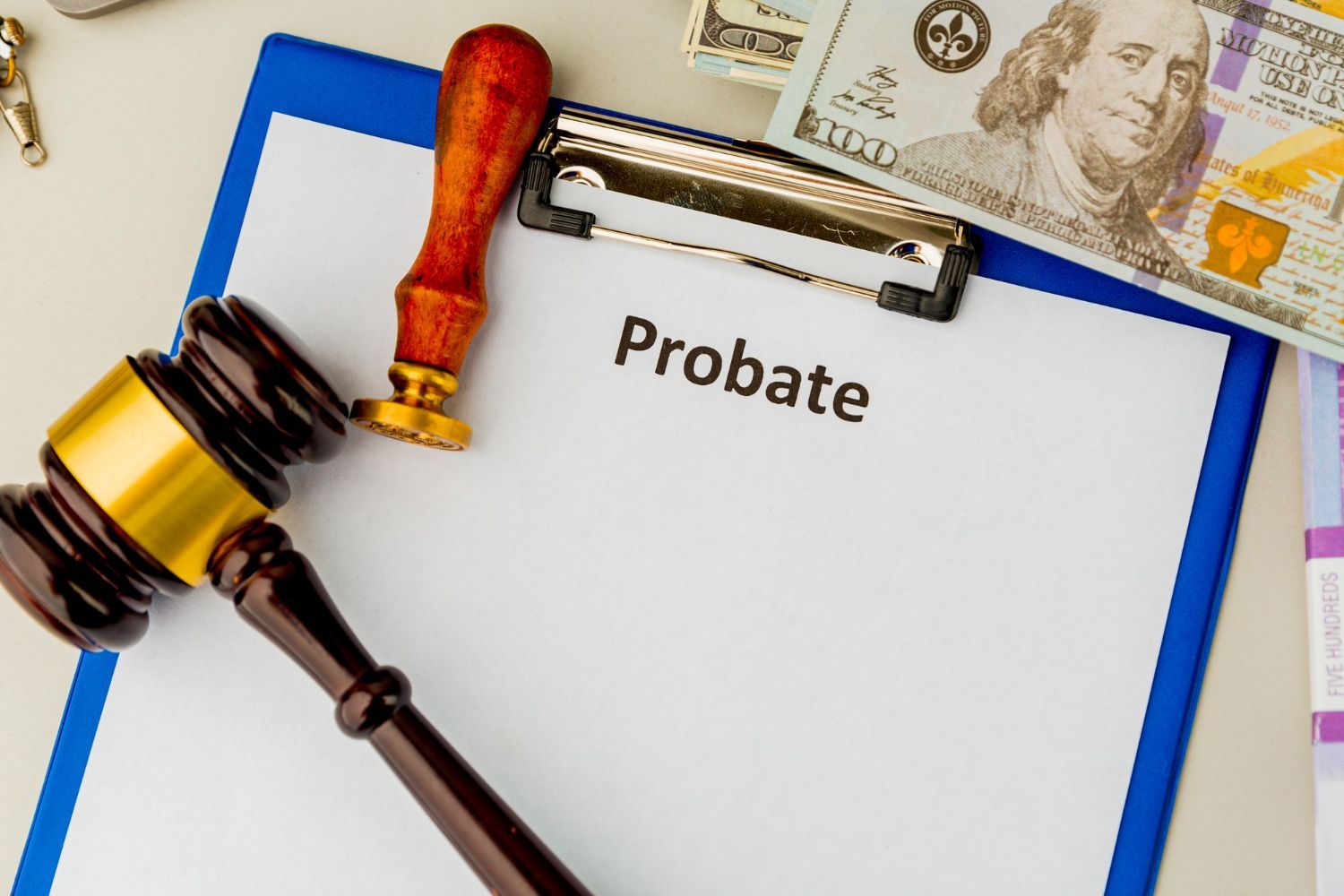What to Do When Estate Assets Are Being Mismanaged
When someone passes away, their estate doesn’t just take care of itself. Someone has to step in and manage everything from paying debts to distributing what’s left to the right people. But what happens when that person doesn’t do their job properly? Estate mismanagement can cause serious problems, turning what should be a clear process into long delays, lost assets, or even family disputes.
In Georgia, failing to respond to mismanagement quickly can make things harder to fix later. Whether due to carelessness or something more serious, a poorly handled estate puts everyone involved at risk. That’s where estate litigation plays a role. It's a legal step families can take if they believe someone isn’t managing an estate the way they should. Knowing what to watch for and when to act can help protect your family's future.
Signs Of Estate Mismanagement
Most people are not familiar with how a well-run estate should look. That makes it tough to know when something's wrong. But there are a few clear red flags that may point to bigger issues behind the scenes.
Watch out for:
- Unexplained spending or missing money from the estate
- Delayed action on distributing property with no clear reason
- Limited or no communication from the executor about what’s going on
- Important documents that aren’t being shared or updated
- Disagreements between family members that seem to come from confusion about assets
Sometimes the executor may be overwhelmed. Other times, they could be taking advantage of the situation. Either way, these signs deserve attention. One example we’ve seen is when an estate’s funds started running low without anything to show for it. The executor hadn’t explained where the money was going, and payments to heirs were constantly delayed. Situations like this can spark long-term problems if not addressed.
If you notice these kinds of issues, it's smart to document everything. Keep records of what communication has or hasn’t happened. Write down when things seem off. These details matter when it’s time to take things to probate court.
Legal Steps To Address Mismanagement
Taking action legally might sound like a last resort, but it’s often the only real way to fix an estate that’s being mismanaged. The good news is that there’s a process in place to help.
Here’s where to start:
1. Gather proof. Begin collecting receipts, canceled checks, property records, or any other signs of questionable activity.
2. Keep a written timeline of what’s happened. This can help courts understand delays or inconsistencies.
3. File a formal petition in probate court. This asks a Georgia judge to step in and review how the estate is being handled.
4. Consider working with a legal professional who focuses on estate litigation. They can explain your rights and represent your interests in court.
Each step helps put the estate back on track. If the executor has failed in their duties, the court can remove them and appoint someone new. While it may be uncomfortable to challenge someone you know, estate mismanagement shouldn’t go unchecked. Getting help early is often the best way to protect family assets and avoid further stress.
How McGinn Law Can Assist
Situations involving estate mismanagement often bring up emotions, confusion, and legal questions most families aren’t prepared to handle alone. Navigating probate court in Georgia doesn’t have to be overwhelming, though. A probate litigation attorney can step into the process, manage the filings, and help ensure that all parties fulfill their legal duties.
When estate disputes arise, whether it’s over missing property, suspected fraud, or disagreements between heirs, it helps to have someone familiar with Georgia probate laws involved early on. An attorney can request a court review of the executor’s conduct, present the evidence that’s been gathered, and ask the court to appoint a new representative if the current one isn’t acting in good faith.
The advantage of working with a legal team based in Georgia is that they understand how different county probate courts handle estate matters. From Fulton to Cobb County, procedures may vary, and knowing those details can prevent unnecessary delays. If a case involves blended families, business interests, or unique property issues, local knowledge becomes even more valuable in court.
Whether you’re pursuing estate litigation or just want guidance through an uneven administration process, experienced legal support gives families room to focus on healing while these matters are handled properly and professionally.
Ensuring Proper Estate Management
Preventing estate mismanagement starts with solid estate planning. Being proactive now makes the probate process less stressful later and gives the right people the tools they need to handle the estate responsibly.
Here are some common steps that help keep an estate on track:
- Appoint the right executor or trustee, someone responsible, fair, and ready to take on the task.
- Keep your estate documents updated and easy to access. Make sure wills, trusts, and power of attorney forms reflect your intentions.
- If you have digital assets or business interests, write down instructions that make sense to someone outside your field.
- Use regular family reviews to clarify who does what. These conversations reduce confusion and conflict later.
- Talk to a legal professional about incapacity planning, especially if there’s concern about someone becoming unable to make sound decisions.
When an estate is planned with care and reviewed regularly, it becomes much less likely that mismanagement will happen. If someone steps into a poorly defined role without the right documents or knowledge, even good intentions can go sideways. For example, we’ve seen cases where an older will was used because a newer version couldn’t be found. That small mistake led to unnecessary probate court delays and unintended problems between heirs.
Planning ahead saves time and stress, especially for families managing estates during already difficult times.
Protecting Family Interests Starts Early
Estate mismanagement is more than a financial setback. It often adds emotional strain to families already going through a difficult transition. The good news is that estate litigation in Georgia gives people a path to address what’s gone wrong and protect what was left for them.
Being aware of early signs and knowing when to ask for court involvement can help keep a shaky estate from falling apart. Families don’t have to stay silent or settle for poor handling. Whether you’re looking at an old estate plan needing attention or noticing issues with a current executor, the best time to act is now.
Georgia’s probate laws were designed to support fairness. When someone in charge fails to follow through, it affects everyone. Taking action protects your family’s legacy and brings peace of mind when it’s needed most.
If you're experiencing delays or concerns with how a loved one’s estate is being managed, McGinn Law is here to help guide you through the process. We can assist you with
estate litigation in Georgia to help protect your family's assets and ensure everything is handled properly.
Reach out to take the next step in securing peace of mind for the road ahead.





